Brazil and Colombia Urge Transparency and Non-Violence in Venezuelan Elections
In a recent joint statement, Brazilian President Luiz Inacio Lula da Silva and Colombian President Gustavo Petro have reiterated their call for Venezuelan President Nicolás Maduro to publicly disclose the electoral vote tallies from July’s elections. This plea comes in the wake of the Venezuelan Supreme Court’s controversial endorsement of the government’s assertion of victory in these elections, which has been widely challenged both within and outside of the country.
Lula and Petro stated that restoring the credibility of Venezuela’s electoral process necessitates the transparent publication of disaggregated and verifiable voting data. They have expressed concern regarding the ongoing repression within Venezuela, noting that the government has incarcerated thousands of individuals and met peaceful protests with violent tactics.
The leaders issued their statement following a rejection of the Venezuelan high court’s certification by several Latin American nations and the United States. Observers noted the significance of Lula’s and Petro’s positions as both leaders have historical ties with Maduro and have previously pursued dialogues aimed at reconciling the government and opposition factions.
Despite Maduro’s claims of having secured victory in the presidential election, he has consistently failed to release official tally sheets, which are crucial for verification as they are seldom replicated in the country. Opposition groups have alleged that Maduro is attempting to manipulate the electoral outcome. In a notable development, opposition volunteers reportedly gathered data indicating that former opposition candidate Edmundo González had won by a significant margin, a claim that the Supreme Court has dismissed as forgeries.
In their statement, both Lula and Petro acknowledged the court’s ruling yet insisted on the necessity of releasing the election tallies. They further admonished Venezuelan authorities to refrain from recourse to violence and repression, particularly against the backdrop of over 2,000 arrests linked to widespread protests against the election results. While they have voiced these concerns, the leaders did not explicitly attribute the violence to the Maduro administration.
The political climate in Venezuela remains fraught, as noted by the recent disappearance of prominent opposition leader Maria Corina Machado, amid government threats directed at González for allegedly contributing to public unrest over the electoral results.
Both leaders have faced scrutiny for their past leniencies towards Maduro’s regime, yet they have adopted a more critical stance following the electoral aftermath. As Brazil and Colombia share borders with Venezuela, efforts have been made to oversee agreements between Maduro and the opposition that aimed to ensure fair elections—efforts which have been accused of being undermined by the current regime’s actions.
In conclusion, Lula and Petro reiterated their commitment to fostering dialogue as the only viable path to political normalization in Venezuela. Their statement emphasizes that genuine democratic coexistence can only be achieved through peaceful negotiation and mutual recognition among conflicting parties.
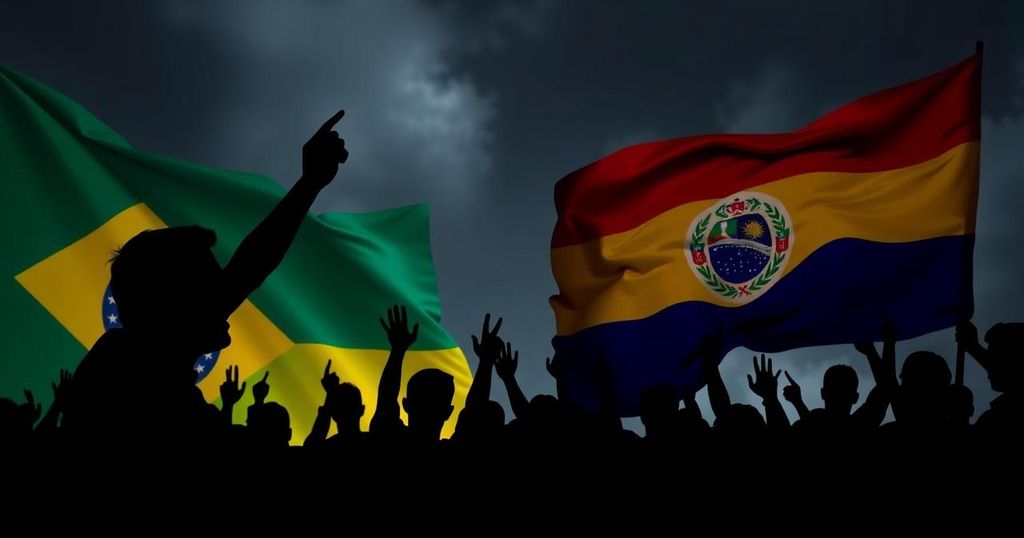
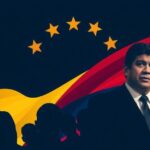
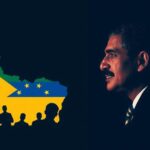
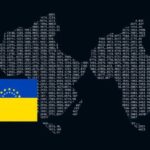
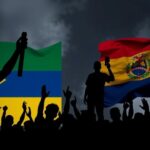
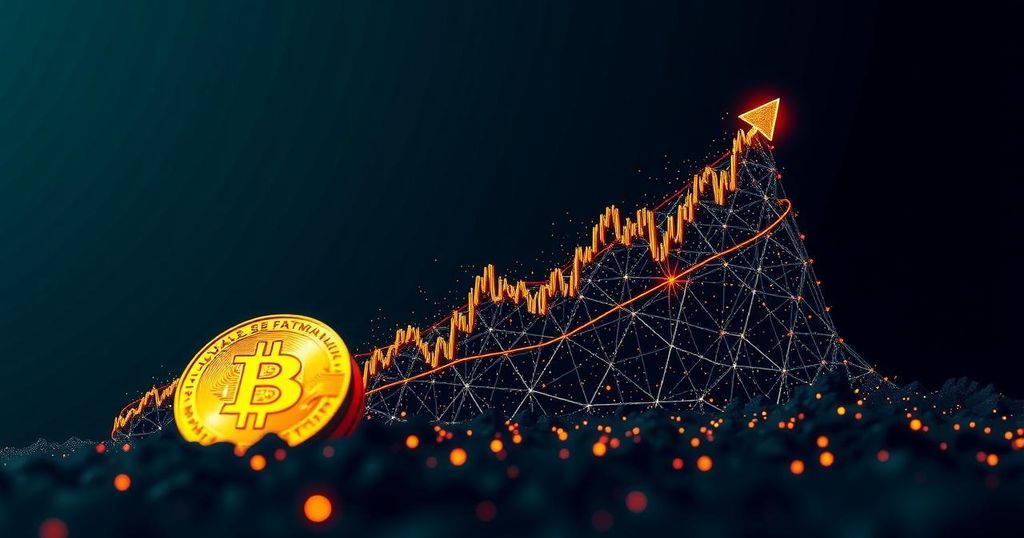
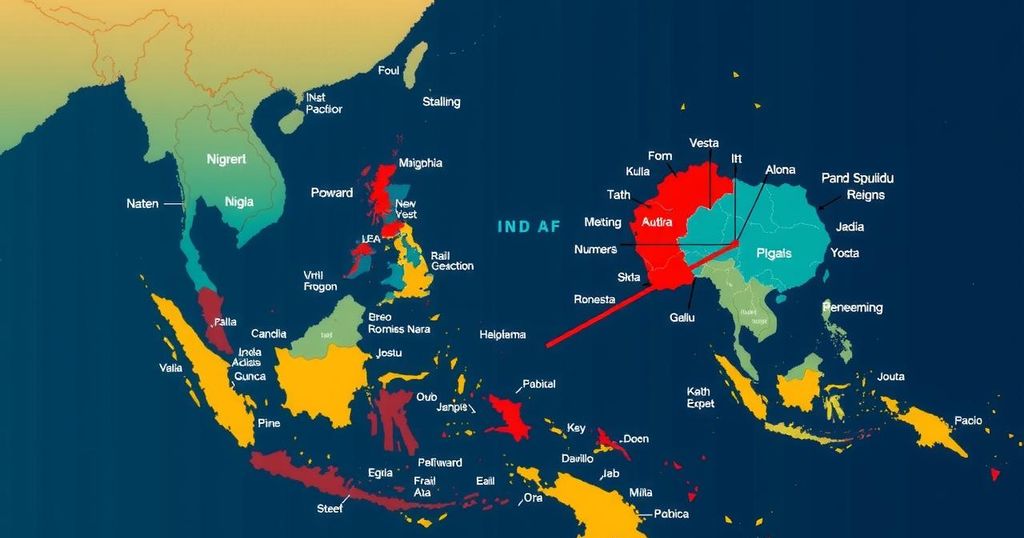
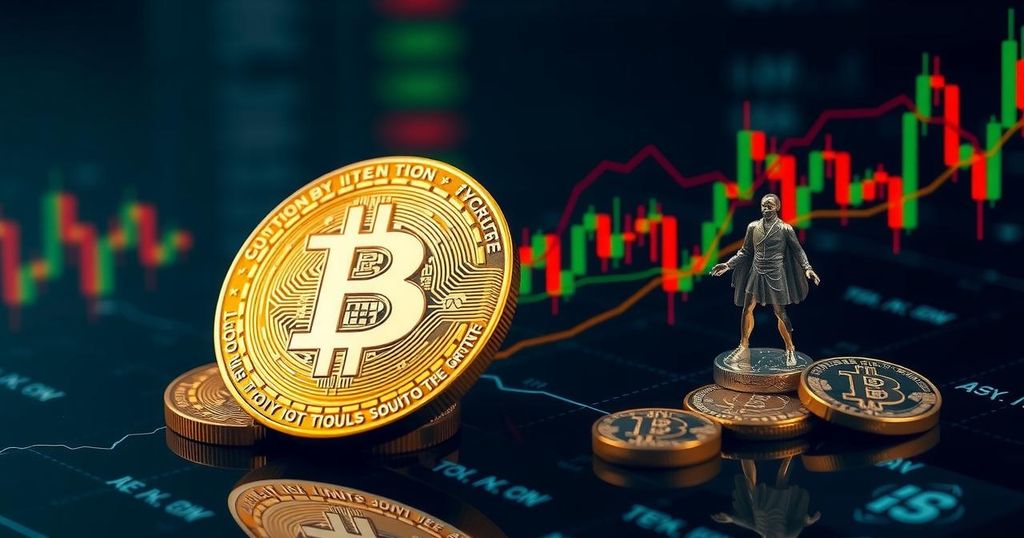
Post Comment